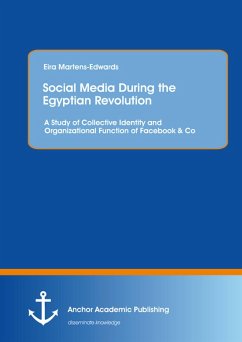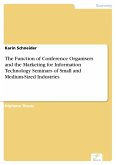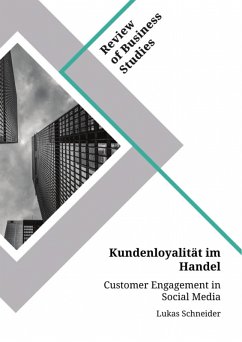With the fall of the regimes in Tunisia and Egypt the term 'Facebook Revolution' was coined depicting the world's most popular social media platform as a condition sine qua non for the Arab revolutions. Moving on from the extreme positions of cyber-utopians and pessimists, this study identifies and analyses mechanisms of use and potential intermediary effects of social media in connection with other driving factors of mass demonstrations that led to the fall of the Mubarak regime in early 2011. Semi-structured focus interviews were carried out with social media activists in Cairo between November 20th and 24th, 2011. The qualitative content analysis of eight interviews allowed for the identification of relevant categories and sub-categories as well as possible connections between them. Additionally, a thorough analysis of the Egyptian socio-economic, political and media system in the years leading up to the revolution provides the basis for valuable and contextual conclusions. Among the key findings is the accelerating effect of social media in mobilizing the Egyptian population to take part in mass demonstrations. Whereas the organizational function is limited to online network effects rather than facilitating the coordination of protesters on the ground, a significant impact of social media on the perception of a collective identity and threshold levels relevant for individual protest behavior was identified through this research. Moreover, the findings implicate a mutual dependency between new social media and traditional mass media.
Dieser Download kann aus rechtlichen Gründen nur mit Rechnungsadresse in A, B, BG, CY, CZ, D, DK, EW, E, FIN, F, GR, HR, H, IRL, I, LT, L, LR, M, NL, PL, P, R, S, SLO, SK ausgeliefert werden.









